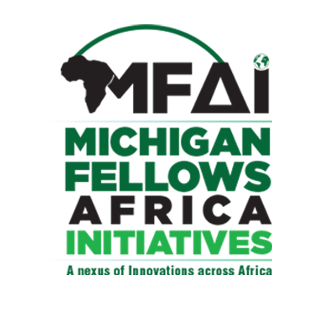

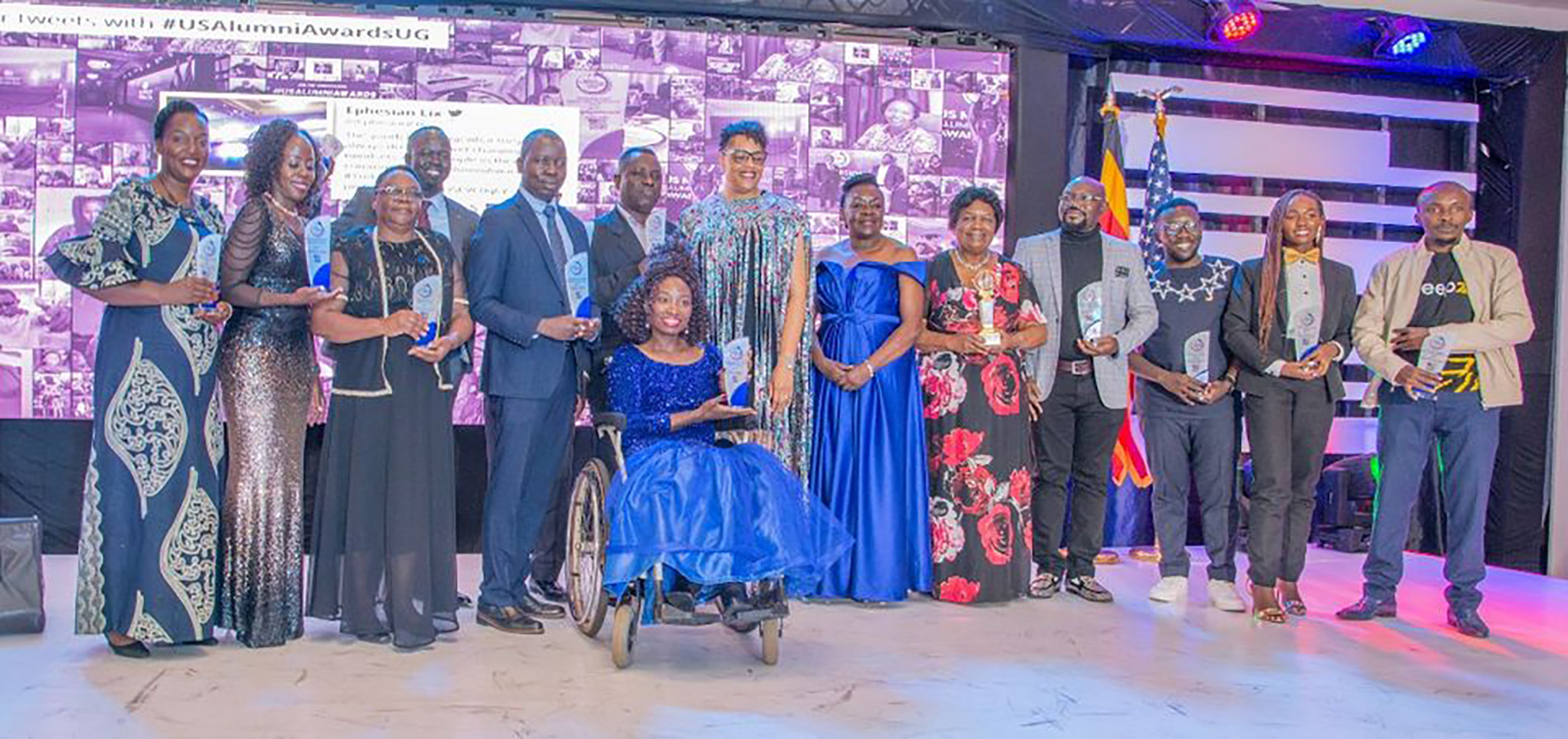
The project features a series of training aimed at deepening the knowledge and sensitivities of participating administrators, faculty, staff and youth leaders on matters of diversity and inclusion. The overarching objective of the project is to increase the representation of categories of people typically marginalized from leadership and decision-making processes such as women, people living with disabilities and youth from low income earning families.
The D&I in leadership and training project is a timely intervention within post or prolonged COVID 19 recovery work environments to bring marginalized groups at the forefront of key decision making as equal partners and allies to institutional transformation.
The consortium partners have a shared vision of making their institutions, departments, and community outreach programs more sensitive to the needs of their members. The institutions are not always keen to involve underrepresented groups including students, women, PWDs, PL-HIV/AIDs, and youth from low-income families in top management planning, strategic decision making and leadership. Marginalized persons are consequently treated as recipients and not equal contributors to institutional affairs. Hence, their needs, views and voices are less heard and/or are silenced. The D&I activities ensure that key stakeholders are trained in D&I. Project participants are expected to use lessons learned to teach, train, and engage their students and community organization in more equitable and inclusive ways.
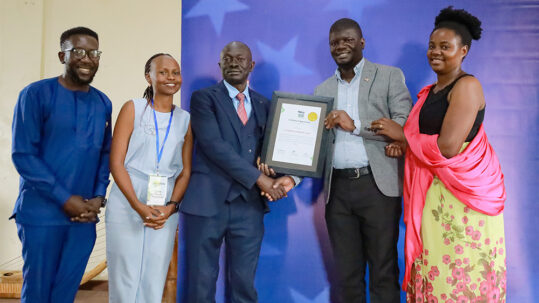
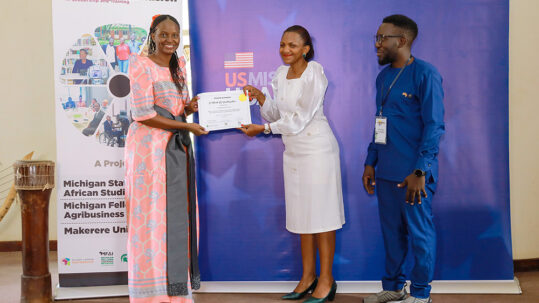
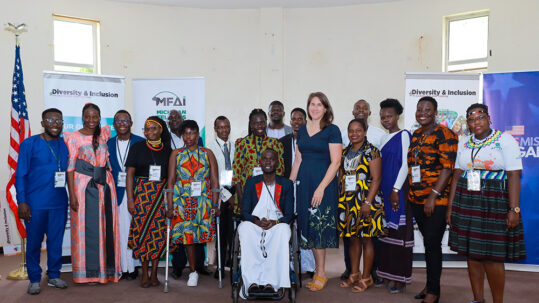
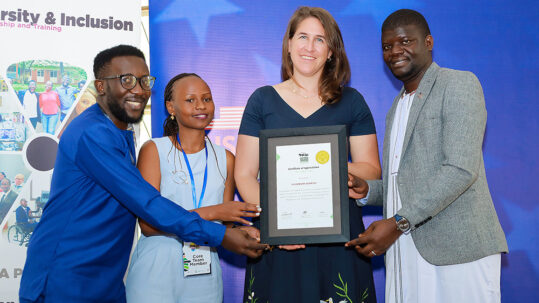
Lorem ipsum dolor sit amet, consectetur adipiscing elit. Ut elit tellus, luctus nec ullamcorper mattis, pulvinar dapibus leo.
Lorem ipsum dolor sit amet, consectetur adipiscing elit. Ut elit tellus, luctus nec ullamcorper mattis, pulvinar dapibus leo.
Lorem ipsum dolor sit amet, consectetur adipiscing elit. Ut elit tellus, luctus nec ullamcorper mattis, pulvinar dapibus leo.
The project is a series of trainings in form of workshops that are intended to deepen knowledge and sensitivities of participating administrators, faculty, staff and youth leaders on matters of diversity and inclusion. The overarching goal of the project is to increase the representation of categories of people typically marginalized from leadership and decision-making processes (such as women, people living with disabilities and youth from low income earning families).
The project is implemented by a consortium formed by Michigan Fellows Agribusiness Initiative (MFAI) Makerere University (Mak), and Michigan State University (MSU)-African Studies Center. This project is funded by Michigan State University's Alliance for African Partnership (AAP), under the Transforming Institutions Strategic Funding.
The D&I in leadership and training in a timely intervention within post COVID 19 recovery work environments to bring marginalized groups at the forefront of key decision making as equal partners and allies to institutional transformation. The consortium partners have a shared vision of making their institutions, departments, and community outreach programs more sensitive to the needs of their members. The institutions are not always keen to involve underrepresented groups including students, women, PWDs, PL-HIV/AIDs, and youth from low-income families in top management planning, strategic decision making and leadership. The marginalized persons are systemically treated as recipients and not equal contributors to institutional affairs. Resultantly, their needs, views and voices are less heard and/or are silenced. The activities with the project will ensure that key stakeholders are trained in D&I. Project participants are expected to use lessons learned to teach, train, and engage their students and community organization in more equitable and inclusive ways.
Senior administrators, staff, students within the consortium institutions, and youth leaders in Uganda. Check additional eligibility details in the call for participation.
Admission to the 1st and 2nd workshop is restricted to members of staff within the consortium institutions. In the 3rd workshop, students and youth leaders are invited to participate by applying to take part in the project. Applicants must meet the eligibility criteria to be admitted for the workshop.
Participation in the 3rd workshop is highly competitive, merit-based and adopts a blind review process. Interested youth should download the Expression of Interest (EoI) from the MFAI website: https://mfai-ug.com/ongoing-projects Fill out the EoI Microsoft word document and send it to: di-leads@mfai-ug.com Shortlisted applicants will be notified and invited for virtual interviews
Submissions Deadlines.
Deadline for submission of the EoI is 1st April 2022. Shortlisted applicants will be notified by 4th May 2022. Youth who participated in previous MFAI programs are eligible to apply for this project.
The project is an opportunity to learn, connect and deepen knowledge and sensitivity to diversity, and inclusion. The workshops bring together experts from the U.S and Uganda who are experienced in D&I who will work with participants to advance D&I ethics, practices and knowledge within their institutions. Upon successful completion of the workshops, participants will receive a certificate of participation. All workshop related expenses are fully paid for in the project.
The 1st workshop will include senior administrators and unit managers from the consortium and will last 2-days.
● The 2nd workshop will include members of staff, extension workers, and lecturers and last 3-days.
● The 3rd workshop will be fully residential and will include selected student leaders from Makerere University and youth leaders from across the country. The workshop will last for 4 days.
The workshops will involve dialogue, discussions, expert presentations, and group work. The main topics to be covered include: (i) Defining Diversity and Inclusion and how they manifest in different contexts (ii) Understanding conscious and unconscious biases in recruiting, training, and engagement (iii) Benefits of an inclusive culture (iv) Cultivating and nurturing diverse and inclusive environments.
Dr. Damaris Choti (PhD)
Coordinator of Student and Alumni Programs
Michigan State University (MSU) African Studies Center
Email: chotid@msu.edu
Prof. Nelson Turyahabwe. (PhD)
Head of the Department of Extension and Innovation Studies, College of Agricultural and Environmental Sciences (CAES),
Makerere University
Email nelson.turyahabwe@mak.ac.ug
Raymond Musiima
Co- Director Programs
Michigan Fellows Agribusiness Initiative (MFAI)
Email: raymond.m@mfai-ug.com